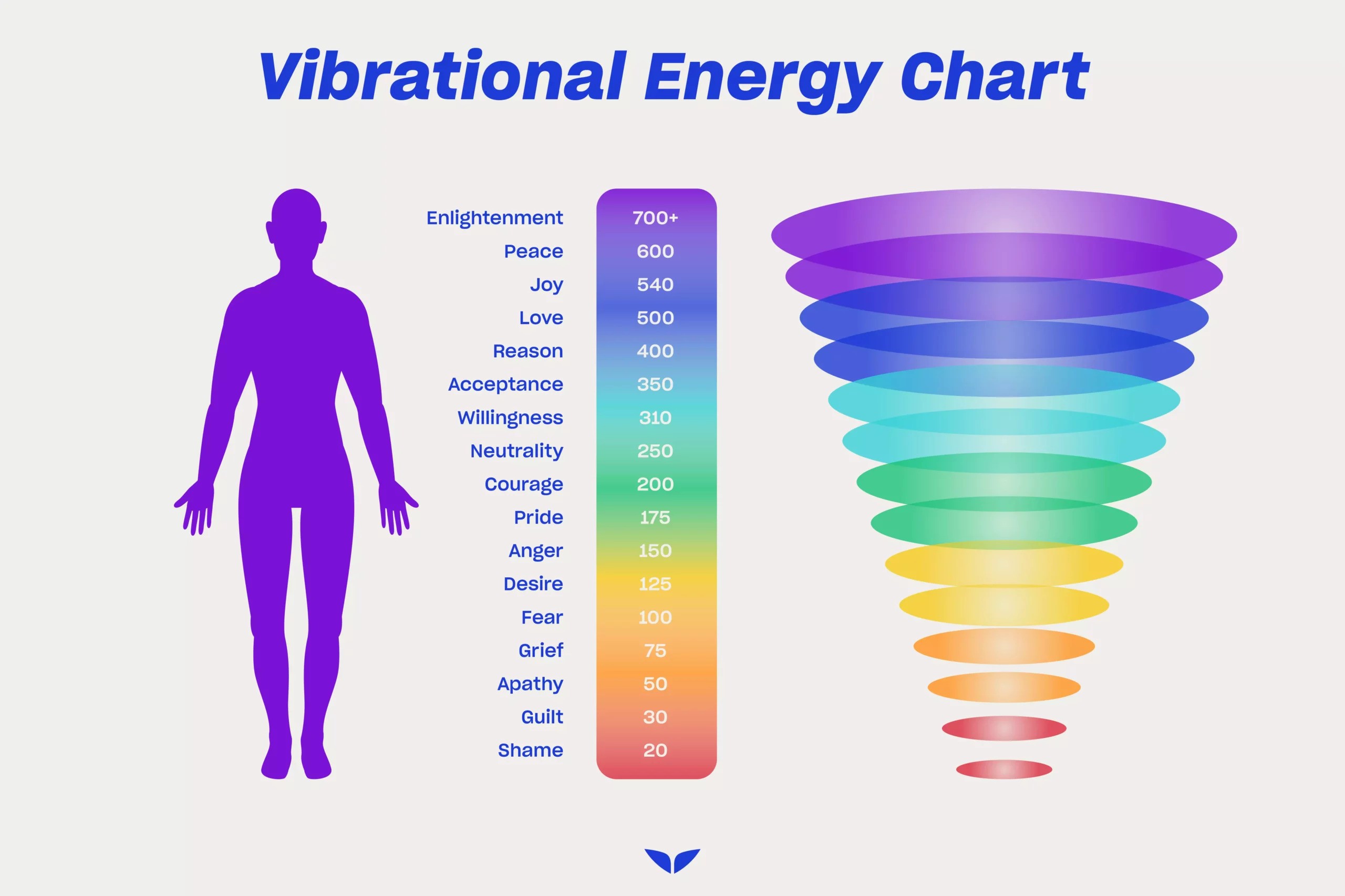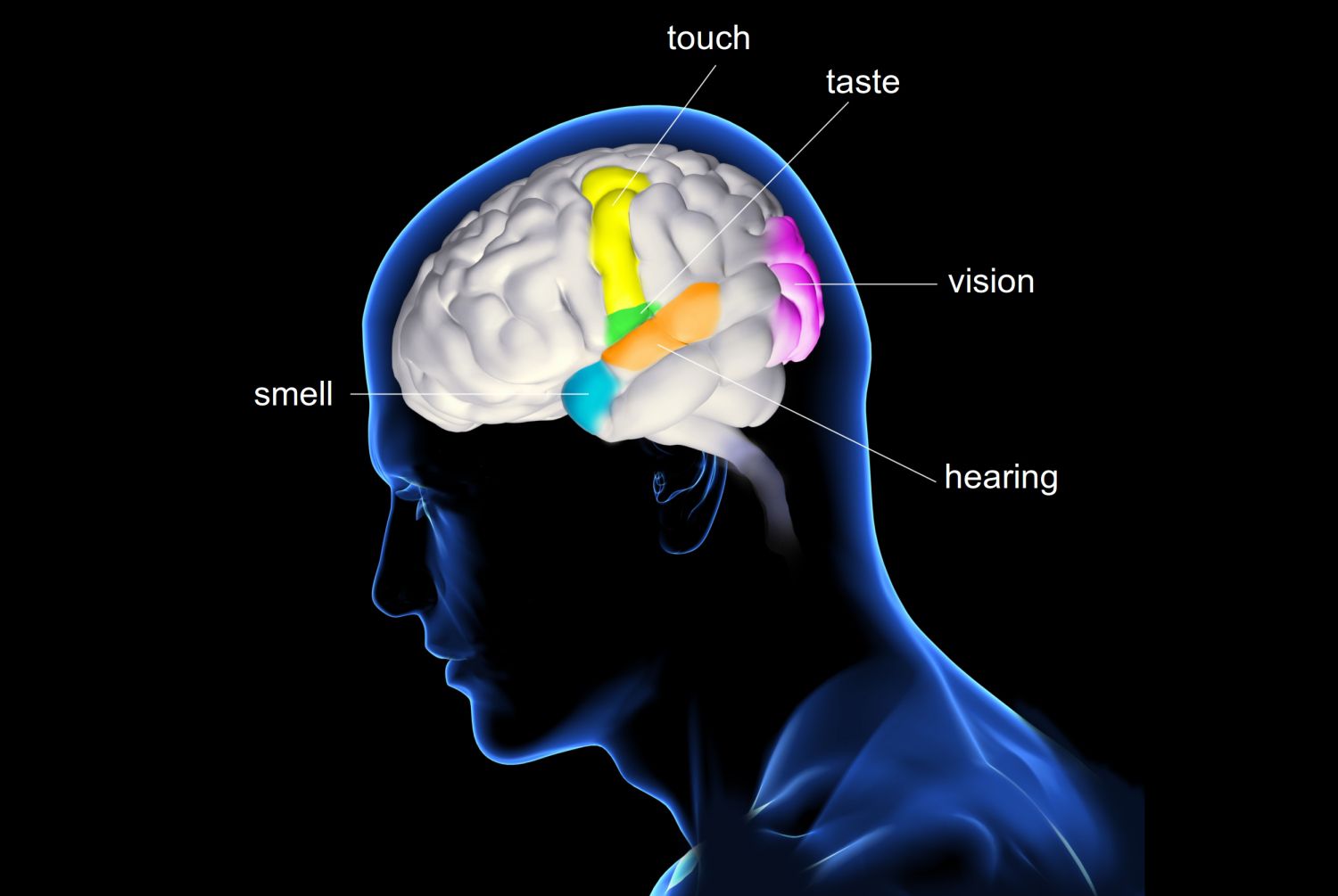Mindfulness in Recovery: Cultivating Inner Peace and Healing
Welcome to the world of mindfulness in recovery, where inner peace and healing come together in a delightful blend of serenity and self-discovery. Ever wanted to find tranquility amidst the chaos of life?
Well, mindfulness might just be the answer you've been looking for. So buckle up and get ready for a transformative journey that will leave you feeling centered, grounded, and slightly more enlightened - the perfect combination for a blissful recovery. Get ready, because we're about to dive into the wonderful world of mindfulness!
What is Mindfulness
Mindfulness is the art of being fully present in the moment, without judgment or distraction. It's about tuning in to your thoughts, feelings, and sensations, and observing them with curiosity and acceptance. Picture this: you're sitting on a park bench, feeling the breeze on your face and hearing the birds chirping. Instead of being lost in your thoughts about what's for dinner or that embarrassing thing you said five years ago (we've all been there), you focus on the present moment. You notice the colors around you, the warmth of the sun, and the gentle rustling of leaves. You're fully engaged in the experience, rather than being caught up in the past or future.
Mindfulness helps you break free from the endless cycle of rumination and worry. It allows you to step back and observe your thoughts without being consumed by them. By practicing mindfulness, you can develop a greater sense of self-awareness, manage stress more effectively, and cultivate a deep sense of inner calm. But wait, there's more! Mindfulness is not just some fluffy concept—it's backed by science. Research has shown that regular mindfulness practice can lead to improvements in mental health, reduce symptoms of anxiety and depression, and even enhance cognitive function.
So, whether you're recovering from addiction, seeking emotional healing, or simply looking to live a more fulfilling life, mindfulness can be a game-changer. It's like a superpower that allows you to tap into your inner resources and find balance amidst life's chaos.
The Benefits of Mindfulness in Recovery
Ah, mindfulness in recovery! An intriguing topic indeed. Let's dive right in and explore the fantastic benefits of incorporating mindfulness into the recovery process. First and foremost, mindfulness allows individuals in recovery to cultivate a deep sense of self-awareness. By intentionally focusing on the present moment without judgment, they can develop a heightened understanding of their thoughts, emotions, and physical sensations. This newfound awareness serves as a powerful tool in recognizing and overcoming triggers that may lead to relapse. It's like having a radar for potential pitfalls on the rocky road to recovery.
Another significant benefit of mindfulness is the ability to regulate and manage emotions effectively. By practicing non-reactive observation, individuals can detach themselves from overwhelming emotions and approach them with equanimity. Imagine having the superpower to pause for a moment and choose a response rather than mindlessly reacting. It's like having a remote control for your emotions - now that's some serious power! Mindfulness also fosters an atmosphere of self-compassion. In recovery, it's crucial to let go of self-judgment and embrace oneself with kindness and understanding. Through mindfulness practices such as loving-kindness meditation, individuals can extend this self-compassion to others as well. It's like creating a warm and fuzzy bubble of compassion, which you can carry around with you wherever you go.
Moreover, mindfulness promotes better stress management. By focusing on the present moment and letting go of worries about the past or future, individuals in recovery can reduce anxiety levels and improve overall well-being. It's like carrying a personal stress-busting toolkit, ready to whip it out whenever stress comes knocking on the door! On top of that, mindfulness enhances overall mental clarity and cognitive functions. By practicing mindfulness exercises, individuals can sharpen their focus, improve memory, and enhance decision-making abilities.
From increasing self-awareness to regulating emotions, fostering self-compassion, managing stress, and enhancing cognitive abilities, mindfulness is like a magical elixir for the mind, body, and spirit. Keep practicing and cultivating mindfulness in your recovery journey, and remember to approach it with a dash of humor and a sprinkle of sarcasm because hey, who said healing couldn't be fun?
Developing a Mindfulness Practice
First things first, find a quiet space where you won't be interrupted. Or, if you're feeling adventurous, you can try meditating while sitting in the middle of a busy street. Just kidding, please don't do that. Find somewhere peaceful, okay? Now, start by focusing on your breath. Breathe in, breathe out. Simple, right? Except when your mind starts to wander off to that embarrassing thing you said two years ago or that awkward interaction you had with your neighbor this morning. Don't worry, that's totally normal. Instead of beating yourself up for not being able to concentrate, gently acknowledge those thoughts and then refocus on your breath.
Next, try to bring mindfulness into your everyday activities. Yes, that even includes brushing your teeth. Pay attention to the sensation of the toothbrush against your teeth, the taste of the toothpaste, and the feeling of clean teeth afterwards. Who knew oral hygiene could be so enlightening? As you continue to cultivate mindfulness, you may find it helpful to set aside a specific time each day for your practice. It could be in the morning, before you even brush your teeth, or in the evening when you're winding down for bed. Find what works best for you and stick with it. Remember, developing a mindfulness practice is a journey. Some days, you'll have breakthrough moments where everything falls into place. Other days, it'll feel like your mind is running a marathon and you're stuck at the starting line. That's okay. Embrace both the highs and lows of your practice. And hey, if you're struggling to stay consistent, don't beat yourself up over it. We're only human, after all. Just come back to it when you can, and remember to approach your practice with a sense of curiosity and kindness.
Practical Tips for Cultivating Mindfulness
Here are some practical tips to help you along the way:
1. Start Small
Rome wasn't built in a day, and your mindfulness practice won't be either. Begin with just a few minutes of dedicated mindfulness each day. Gradually increase the duration as you become more comfortable with the practice.
2. Create a Sacred Space
Find a quiet and peaceful corner where you can dedicate your mindfulness practice. Whether it's a cozy nook in your bedroom or a small spot in your backyard, having a designated space will help set the tone for your mindfulness journey.
3. Set a Routine
Consistency is key when it comes to cultivating mindfulness. Try to establish a regular time and place for your practice. This will help train your brain to switch into mindfulness mode more easily.
4. Focus on the Present Moment
Mindfulness is all about being fully present in the here and now. Instead of dwelling on past mistakes or worrying about the future, redirect your attention to what's happening right in front of you.
5. Engage Your Senses
Take a moment to tune in to your senses. Notice the sound of birds chirping, the sensation of your breath as it enters and leaves your body, and the scent of freshly brewed coffee. Engaging your senses will help ground you in the present moment.
6. Be Kind to Yourself
Remember, mindfulness is a practice, not a destination. There will be days when your mind feels like a runaway train, and that's okay. Be patient and gentle with yourself. The more you practice, the easier it will become to steer your mind back to the present moment.
7. Find Support
It's always helpful to have a support system on your mindfulness journey. Join a local mindfulness group, seek out a mentor, or connect with like-minded individuals online. Sharing your experiences and learning from others can be incredibly enriching.
So, there you have it – some practical tips to help you cultivate mindfulness in your recovery. Remember, mindfulness is a lifelong practice, so be patient with yourself and enjoy the journey. Now, go forth and embrace the power of the present moment!
Mindfulness Exercises for Recovery
Let's start with the basics. Mindfulness exercises are like little mental vacations, allowing you to escape the chaos of everyday life and focus on the present moment. One effective mindfulness exercise is deep breathing. Take a moment to inhale deeply, filling your lungs with fresh air, and then exhale slowly, releasing any tension or negative energy. It's like your own personal hurricane evacuation plan, but instead of fleeing from a storm, you're evacuating stress from your mind and body.
Another great exercise is body scan meditation. Close your eyes and mentally scan your body, starting from your head and working your way down to your toes. Notice any areas of tension or discomfort and imagine them melting away.
Moving on to mindful walking. Take a leisurely stroll, paying attention to each step and the sensation of your feet touching the ground. Notice the rhythm of your breath and the sights and sounds around you. It's like being a detective, but instead of solving crimes, you're investigating the fascinating world that exists right under your nose. Don't forget about mindful eating. Take the time to savor each bite, paying attention to the flavors, textures, and smells. Put away your phone and turn off the TV - this is not the time for multi-tasking. It's like having a romantic dinner date with yourself, minus the awkward small talk and the need to share dessert.
And finally, we have loving-kindness meditation. Picture someone you care about (yes, even that annoying co-worker) and send them good thoughts, wishing them happiness and peace. It's like being Santa Claus, spreading love and joy to the world, one meditation session at a time.
These are just a few examples of mindfulness exercises you can incorporate into your recovery journey. Remember, the key is consistency. Practice these exercises regularly, like brushing your teeth or stalking your ex on social media. Just kidding, don't do that last one. Though mindfulness exercises may seem simple, their impact can be profound. They can help you cultivate a sense of inner peace and healing, allowing you to navigate life's challenges with grace and resilience. So go ahead, give them a try. Your mind, body, and spirit will thank you for it.
Overcoming Challenges in Mindfulness Practice
So, you've decided to embark on a journey of mindfulness practice, huh? Well, get ready for some challenges along the way! Don't worry, though, because every cloud has a silver lining. Let's delve into the key points that can make your mindfulness practice a rocky road.
1. Monkey Mind Meltdown
Picture this: you're trying to meditate, finding your zen, and suddenly, your mind starts swinging from thought to thought like a bunch of monkeys. It's okay; this happens to the best of us! Try not to get frustrated. Remember, mindfulness is not about banishing thoughts altogether; it's about observing them and gently bringing your attention back to the present moment. Embrace those playful monkeys and show them who's boss!
2. Time Troubles
Finding time for mindfulness practice can be like finding a needle in a haystack. Our busy lives often leave us feeling like there aren't enough hours in the day. But here's a secret: you don't need hours on end to experience the benefits of mindfulness. Even a few minutes a day can work wonders. So, no more excuses, okay?
3. The Great Expectations Trap
In our fast-paced world, we're used to instant gratification. But mindfulness requires patience, my friend. Don't expect immediate results, like magically becoming the Dalai Lama overnight. Rome wasn't built in a day, and your mindfulness journey won't be either. Embrace the process and let go of those unrealistic expectations.
4. The Comparison Game
You start scrolling through social media and stumble upon an advanced yogi effortlessly standing on their head while balancing a cup of tea on their pinky finger. Suddenly, your own mindfulness practice feels insignificant. Remember, everyone's journey is unique, and comparing yours to others will only dampen your spirits. Focus on yourself and your progress.
5. Falling Off the Wagon
There may be days when life gets chaotic, and your mindfulness practice takes a backseat. It happens to all of us. Instead of beating yourself up over it, simply acknowledge it and get back on track when you can. Mindfulness is a lifelong practice, and a few missed sessions won't undo all the progress you've made.
So, there you have it, the key challenges you might encounter on your mindfulness journey. Embrace these hurdles with a sense of humor and remember that overcoming them will only make you stronger.
Conclusion
Remember, mindfulness is the key to finding inner peace and healing in recovery. So, stay present, embrace every moment, and breathe. It's time to unleash your full potential, set yourself free from the clutches of addiction, and embark on a journey of self-discovery. Let mindfulness be your guiding light towards a brighter future. Stay mindful, stay awesome, and remember, you're never alone in this battle. Cheers to a mindful life!



